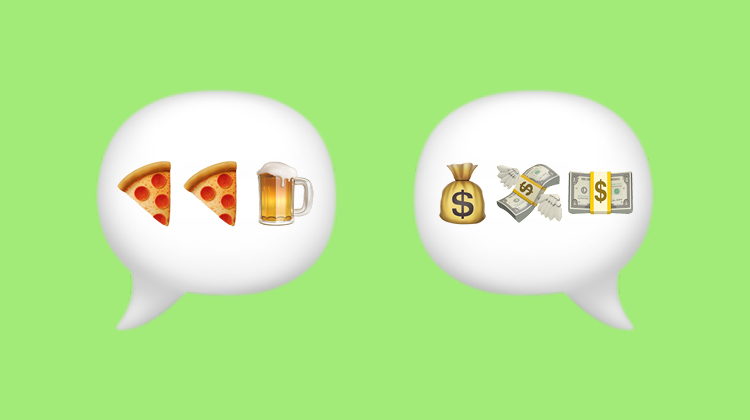Payments
Through its own digital currency, Kik messenger moves into payments
- Kik messenger is getting into payments through its own cryptocurrency, Kin, which will be created on the Ethereum blockchain.
- Kik's move is seen as a natural evolution of the platform, though doing so through a cryptocurrency could prove costly and difficult to scale.








